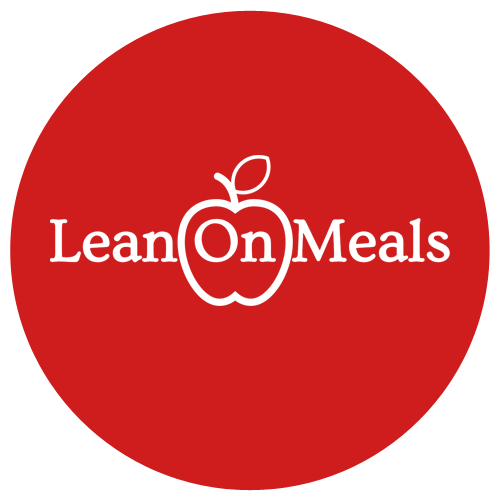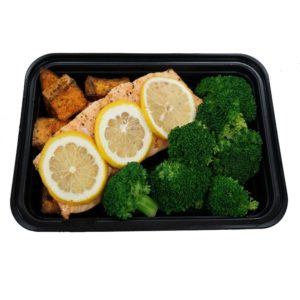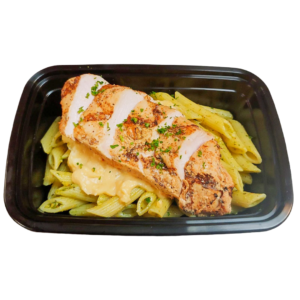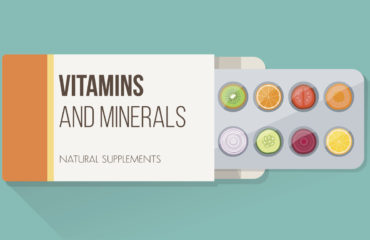8 Foods with a “Bad Rap” that are actually good for you.
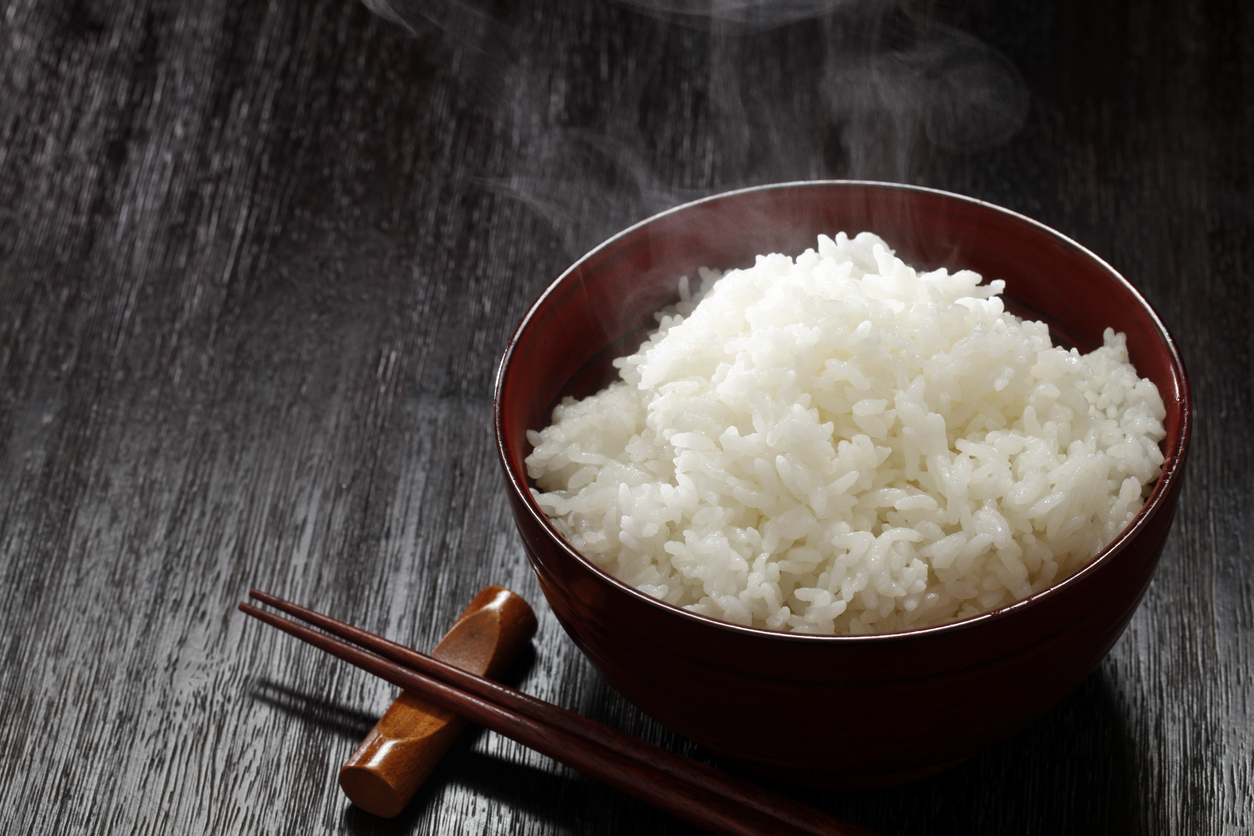
Have you ever had someone tell you that certain foods you love to eat are bad for you? Did you stop eating it, and then put it on your “Food to not eat” list? Certain foods have gotten an undeserved bad reputation, and this is due to incorrect or outdated information. The truth is, many of the foods that you think are “bad” for you may actually help improve your health, and strengthen your immune system. From white rice, to red meat we cover the foods that should be including as part a healthy lifestyle. Find out if you’ve been avoiding some of your favorite foods for no reason.
These are the 8 Foods:
- White Rice
- Whole Eggs
- Pasta
- Frozen Vegetables
- Avocados
- Beef
- Mushrooms
- Potatoes
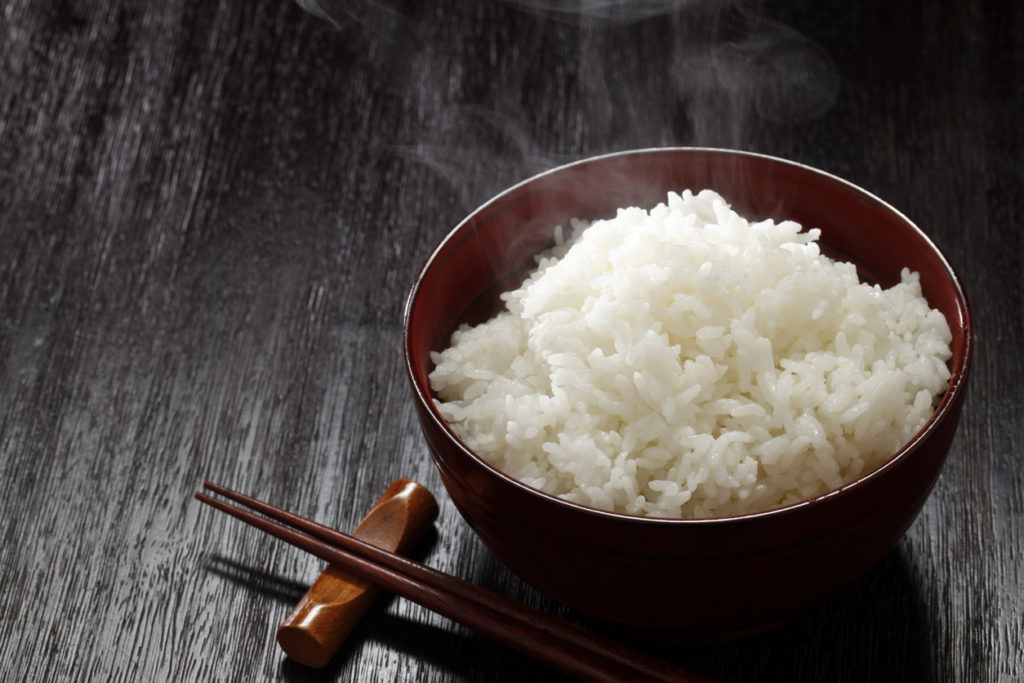
White Rice
Some of the healthiest nations in the world including Japan, consume white rice at most meals. Research has found that people who eat rice are also less likely to be overweight. When consumed alone white rice has a high glycemic index, however it is rarely consumed this way. White rice can be seen as a “vehicle” to get nutrients where they need to be.
While white rice also is more processed than brown rice, however it is typically enriched with the nutrients that are lost during processing. White rice has more essential nutrients than brown rice due to this fortification. It may also be a surprise to hear that the bran layer of brown rice is full of phytates and lectins, which bind to vitamins and minerals preventing them from being absorbed. In addition, brown rice also contains higher levels of arsenic than white rice.
The lowest concentrations of arsenic are found in white rice. Arsenic is present in water, air and the soil, and it’s absorbed by food crops as they grow. It is not an additive or ingredient in these food crops and cannot be completely eliminated from food.
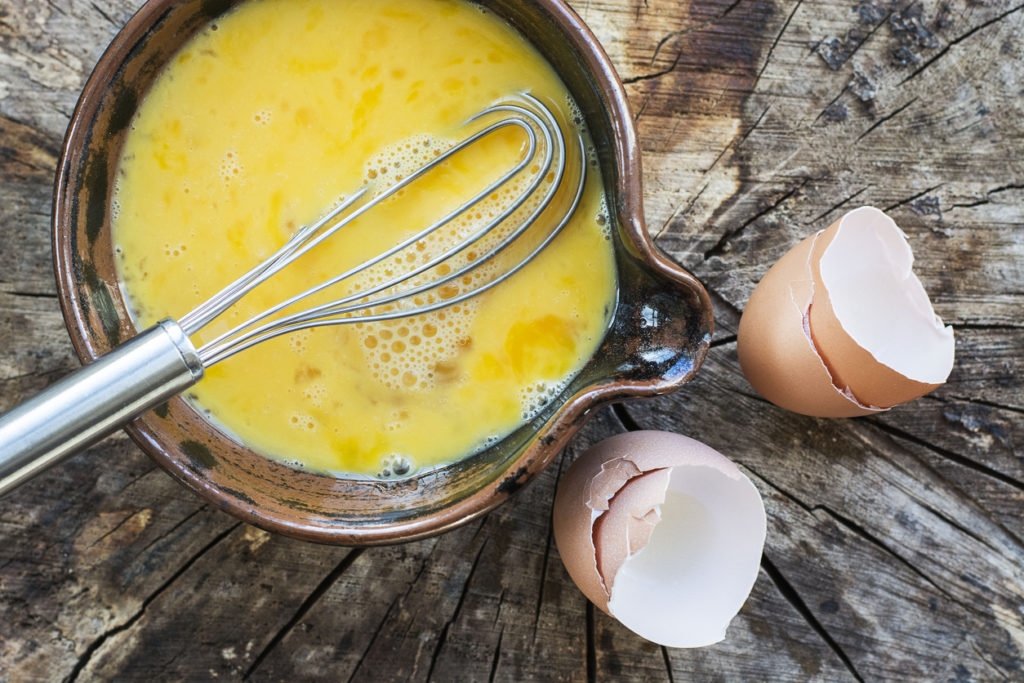
Eggs(Even the Yolk)
Whole eggs are a nutritional powerhouse, containing almost every essential vitamin and mineral the body needs to function. Containing high quality lean proteins, whole eggs have the highest bv rating of any protein source. Scoring the highest rating in bioavailability, whole eggs having a perfect score of 100 and egg whites 88. For some time, egg yolks have been demonized as causing blood-cholesterol levels to skyrocket. However, recent research has proven this belief to be false. The real threat to high cholesterol are trans fats and added sugars, not dietary cholesterol.
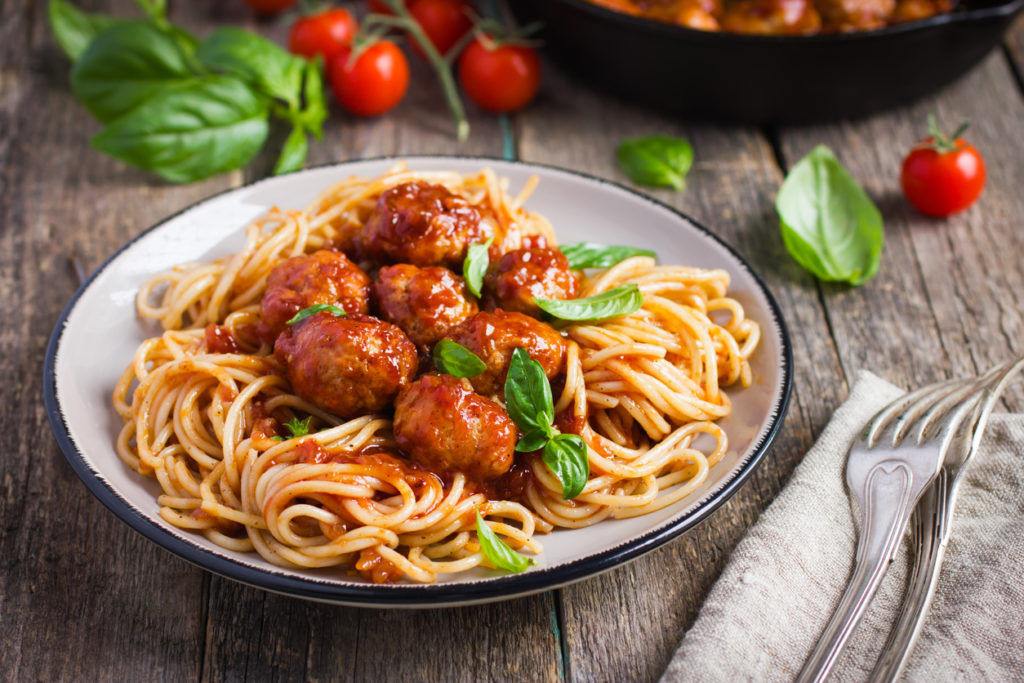
Pasta
If you’ve given up white pasta because you believe it has a high glycemic index, there’s some good news. White Pasta prepared from durum wheat, has a glycemic index of 45-50, which is considered low. According to Mayo Clinic, low-GI foods are those with GI scores of 55 and under; medium-GI foods have scores between 56 and 69, and high GIs are considered 70 and above. This means eating pasta won’t cause a quick rise in blood sugar level, and it is more likely to keep you feeling fuller longer. A small portion of pasta combined with plenty of vegetables, and a lean protein source can be a healthy optimized meal.
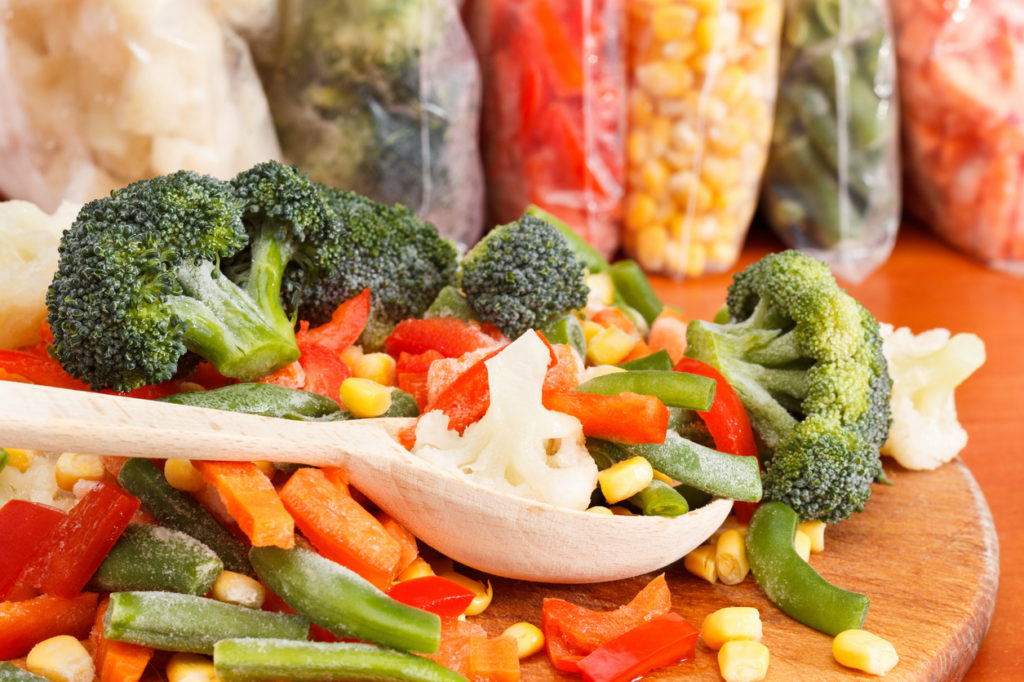
Frozen Vegetables
Frozen vegetables are an excellent source of nutrients. Studies show that frozen vegetables have just as many nutrients, if not more than fresh vegetables. The reason that frozen vegetables are a great option, is because they are picked and frozen right away. The minute a vegetable is picked, it begins to lose nutrients. Due to frozen vegetables being frozen right away, they’re allowed to fully ripen. As a result of being frozen right away, frozen vegetables are full of vitamins and minerals with freezing “locking in” the nutrients.
On the other hand, the fresh produce we consume has to travel far away from where it is harvested. As a result, fresh vegetables may have to be harvested before reaching their nutritional peak. The long travel time from harvest to the grocery store also adds to the loss of nutritional value. Due to these considerations, consuming frozen vegetables are a viable option.
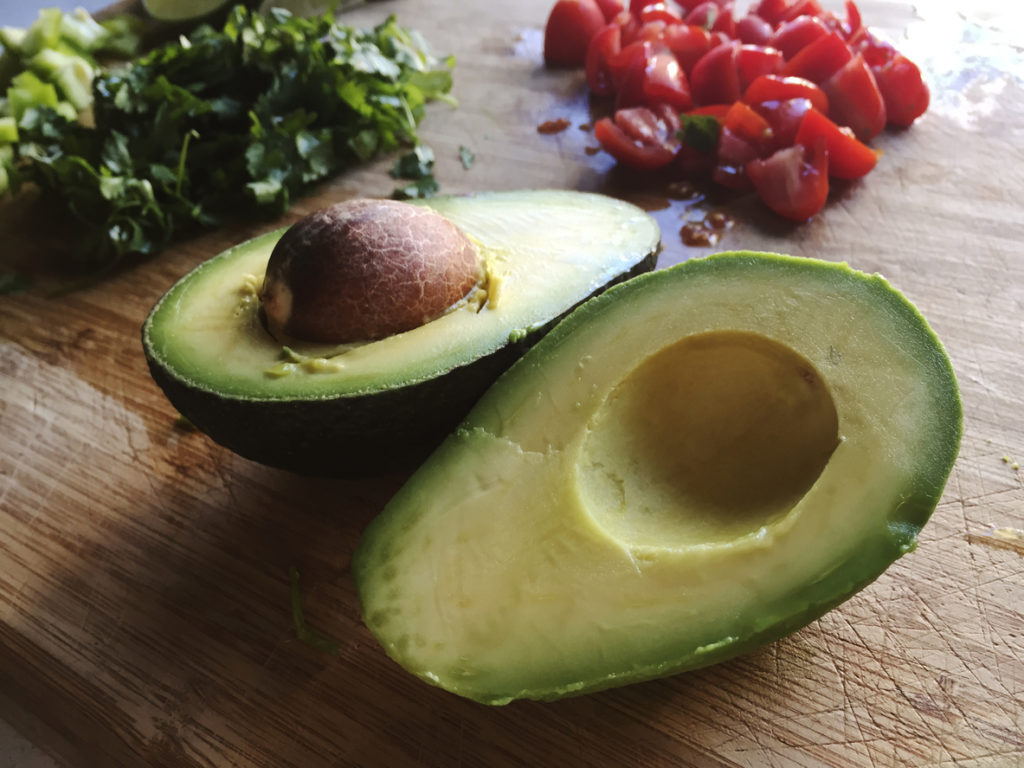
Avocados
Avocados are one of the healthiest super foods to add to a diet. Offering nearly 20 vitamins and minerals in every serving, these include potassium, lutein, and folate. Loaded with vitamins A,C,D,E,K, Avocados are an especially good source of B vitamins, which help fight disease, and infection. Avocados are low in sugar, and contain fiber which help you digest and keep you full longer. Avocado is an essential to a healthy diet.
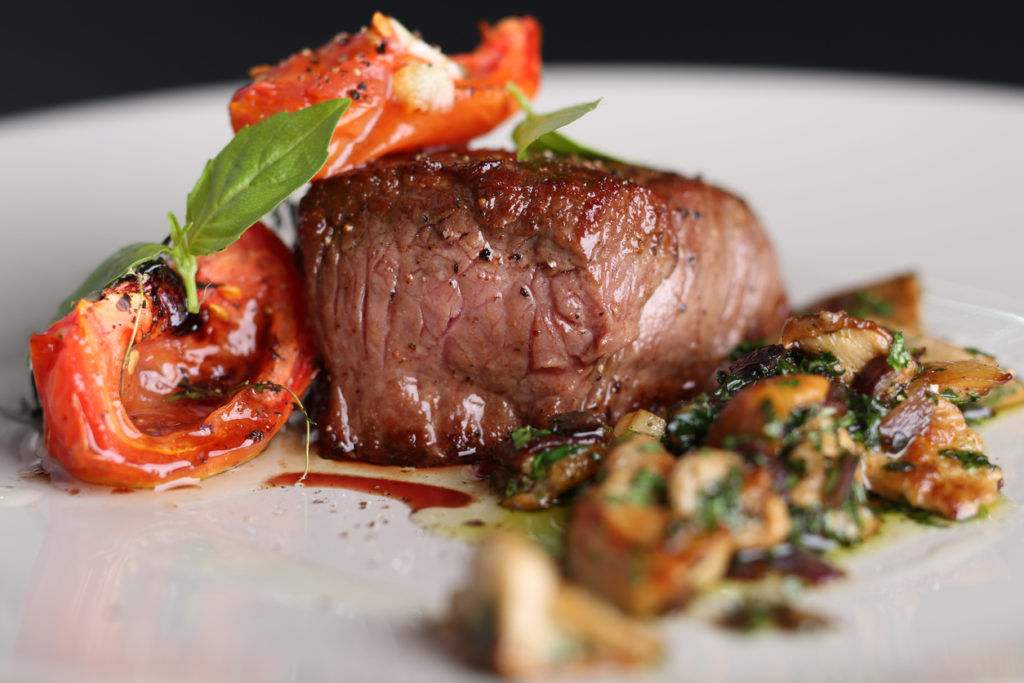
Beef
Moderate amounts of lean beef has been shown to improve weight loss, and the overall quality of a diet. Beef provides several essential vitamins and minerals including B-vitamins, iron, zinc and protein. People who have an iron deficiency, can benefit from the heme iron found in beef. Heme iron, is a form of iron that is utilized more effectively than non-heme iron found in plants. In addition, heme iron can aid in the digestion of non-heme iron, increasing the efficiency of iron absorption.
Those with an iron deficiency such as anemia, can find the iron from red meat beneficial. When it comes to eating healthy, and eating beef choose the right cuts of meat by choosing options with “round” or “loin” on the label, or extra lean ground beef that is 90% Lean.
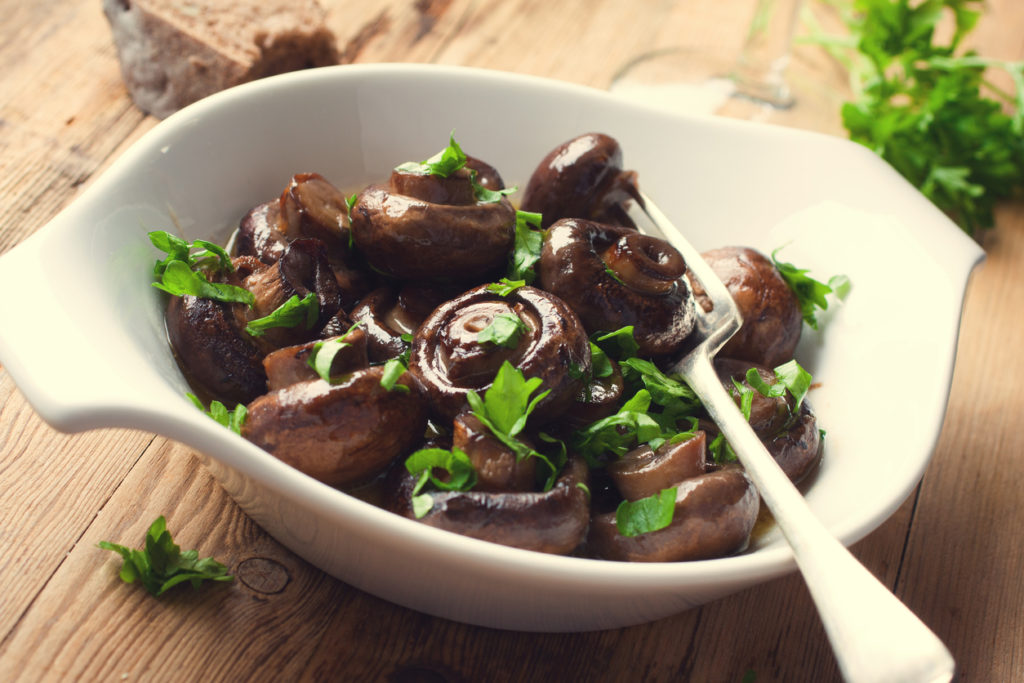
Mushrooms
Eating mushrooms is essential to a healthy diet. Mushrooms are low in calories, and contain essential vitamins and minerals. These include niacin, selenium, riboflavin, Vitamin D, iron, and calcium. Mushrooms have been also been proven to boost the immune system. The riboflavin found in mushrooms, help in the function of red blood cells, enhance anti-viral proteins, and repair body tissues. Mushrooms have even shown anti-cancer properties. According to the American Cancer Society, “Mushrooms are promoted to fight the development and progression of cancer”.
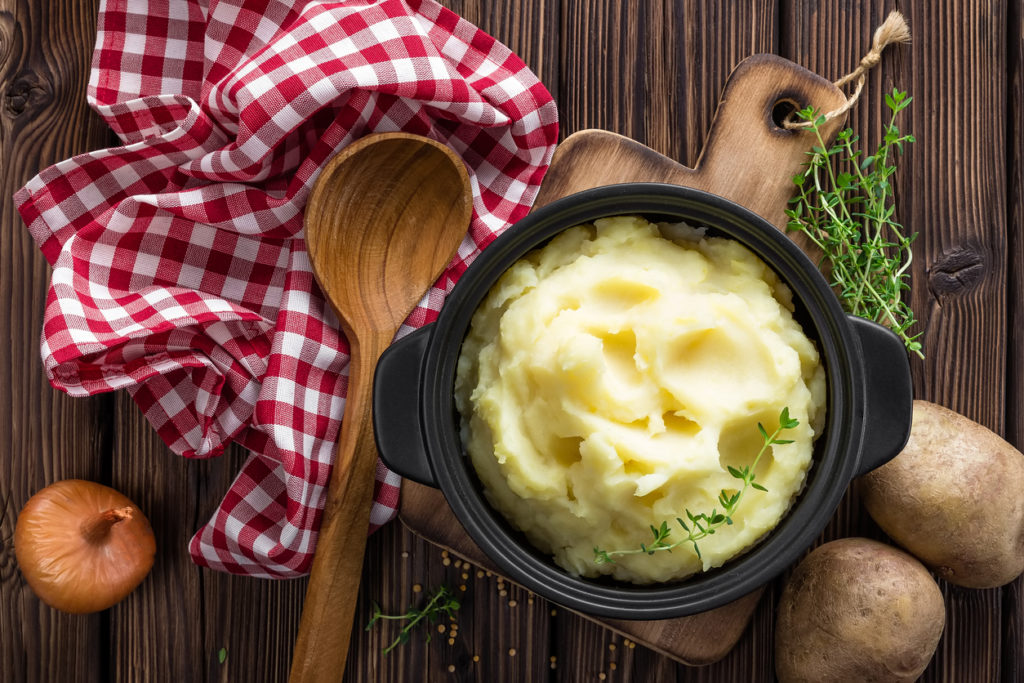
Potatoes
Potatoes aren’t just cheap, and abundant, they are also low in fat, high in fibre, and protein. Developing a bad reputation for making people gain weight, studies show the bad reputation of potatoes comes from how they are prepared. Most often people consume potatoes in the form of french fries or chips. A medium potato contains on average 170 calories.
Potato skin is also an excellent source of antioxidants that provides anti-cancer properties. Other benefits potatoes provide are that they contain niacin, vitamin b6, vitamin C, folate, magnesium, and potassium. The amount of potassium found in a medium potato is more than double that found in a medium banana. Dont skip potatoes, as part of your healthy diet.
References:
https://www.fda.gov/food/foodborneillnesscontaminants/metals/ucm319948.htm
http://www.bodybuildingpro.com/proteinrating.html
http://www.health.harvard.edu/diseases-and-conditions/glycemic-index-and-glycemic-load-for-100-foods
http://www.glycemicindex.com/faqsList.php#12
